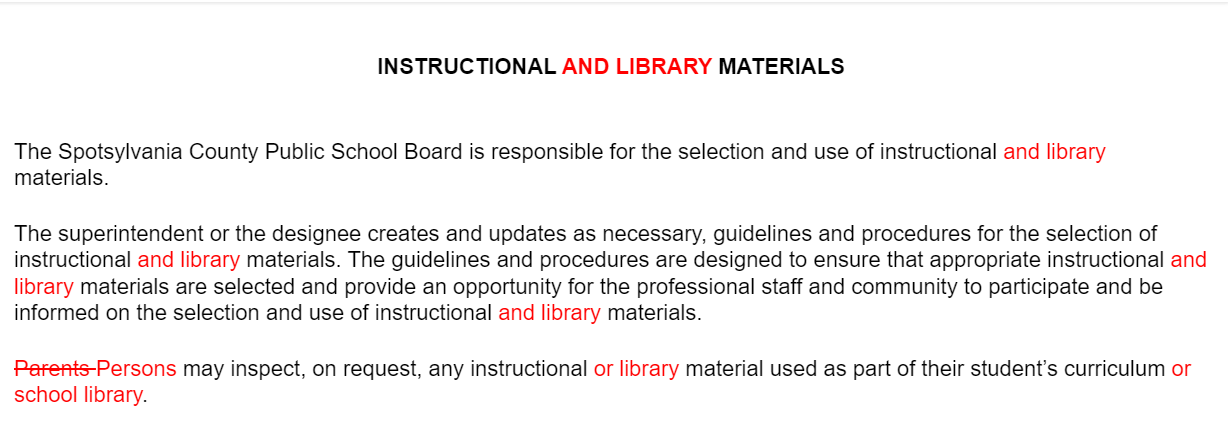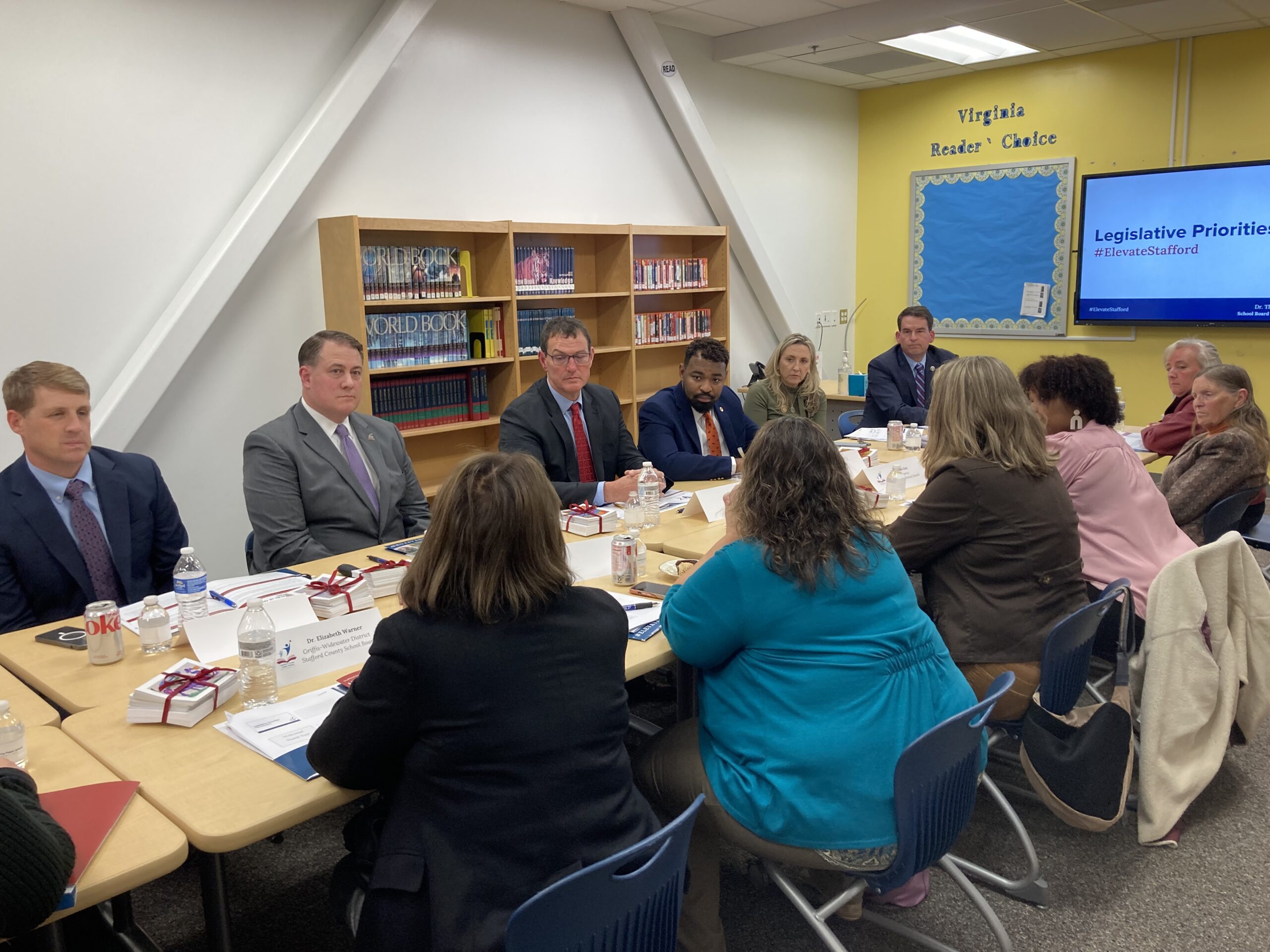
There’s a well-known paradox in the world of education research. Ask people about their feelings toward public schools in general, and you’re likely to hear that schools are failing.
Ask people about their local schools, however, and most have good things to say.
So well-entrenched is this pattern that the results of a recent poll out of the University of Mary Washington on how Virginians feel about their local school districts is hardly newsworthy. It simply reinforces what we’ve known for years.
People like their neighborhood schools.
The survey of 1,000 Virginia adults conducted for UMW’s Center for Leadership and Media Studies by Research America Inc. September 5-11, asked respondents how they felt their local K-12 schools educated children. Some 65% gave the schools an A or B (36% of respondents), or a C (29%). Just 10 % gave local schools an F. Another 13% gave local schools a D.
“This survey shows that those combative voices at school board meetings are not representative of public opinion across the Commonwealth regarding public education,” said Stephen J. Farnsworth, professor of political science at the University of Mary Washington and director of UMW’s Center for Leadership and Media Studies. “Overall, Virginians remain quite positive about the performance of their schools, both regarding education generally and providing a safe learning environment.”
The consistency of people’s positive experience with local public schools has long frustrated education reformers.
A study conducted in 2016 by EdNext – an education reform group – put a spotlight on this issue, which NPR reported on. Even though test scores haven’t improved, people remain upbeat.
The reason, NPR reports, may be explained by psychologists, who describe this anomaly as the “mere-exposure” effect: “Essentially, people tend to like things better the more they are familiar with them,” Anya Kamenetz wrote.





